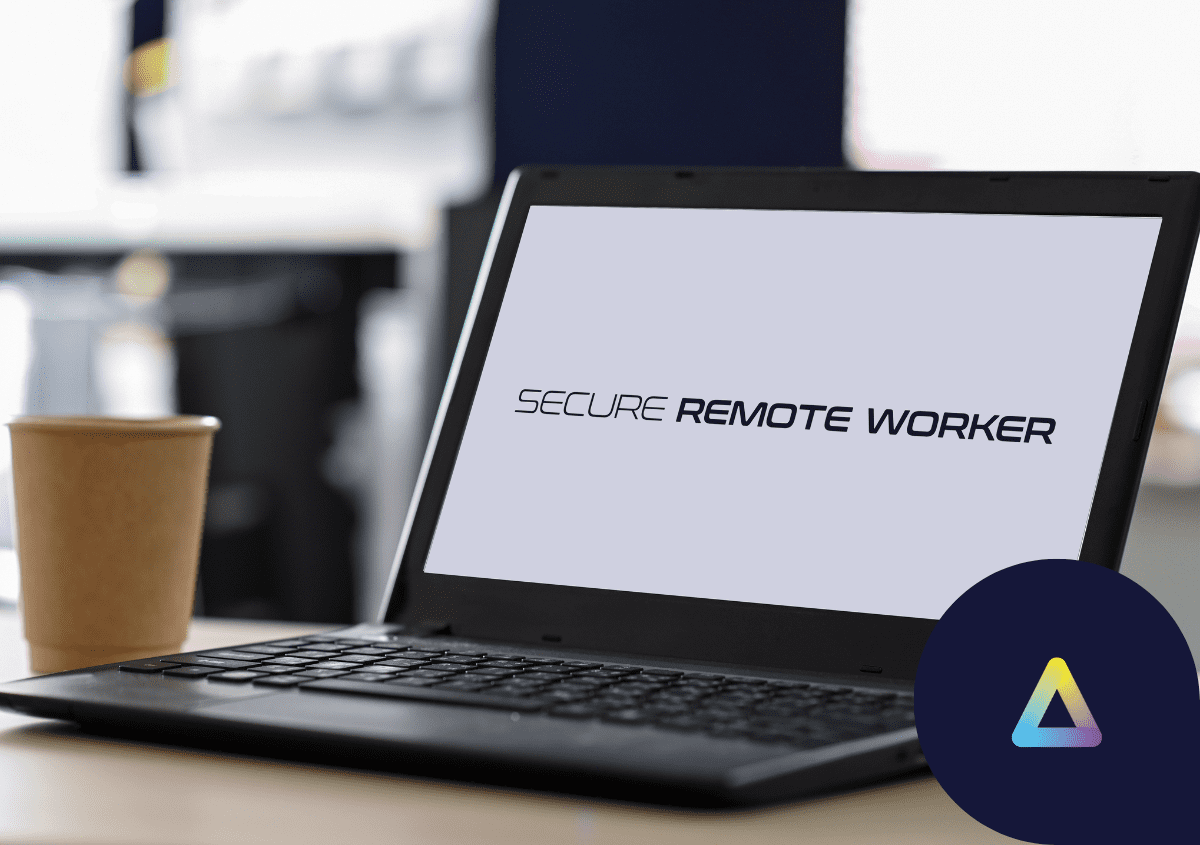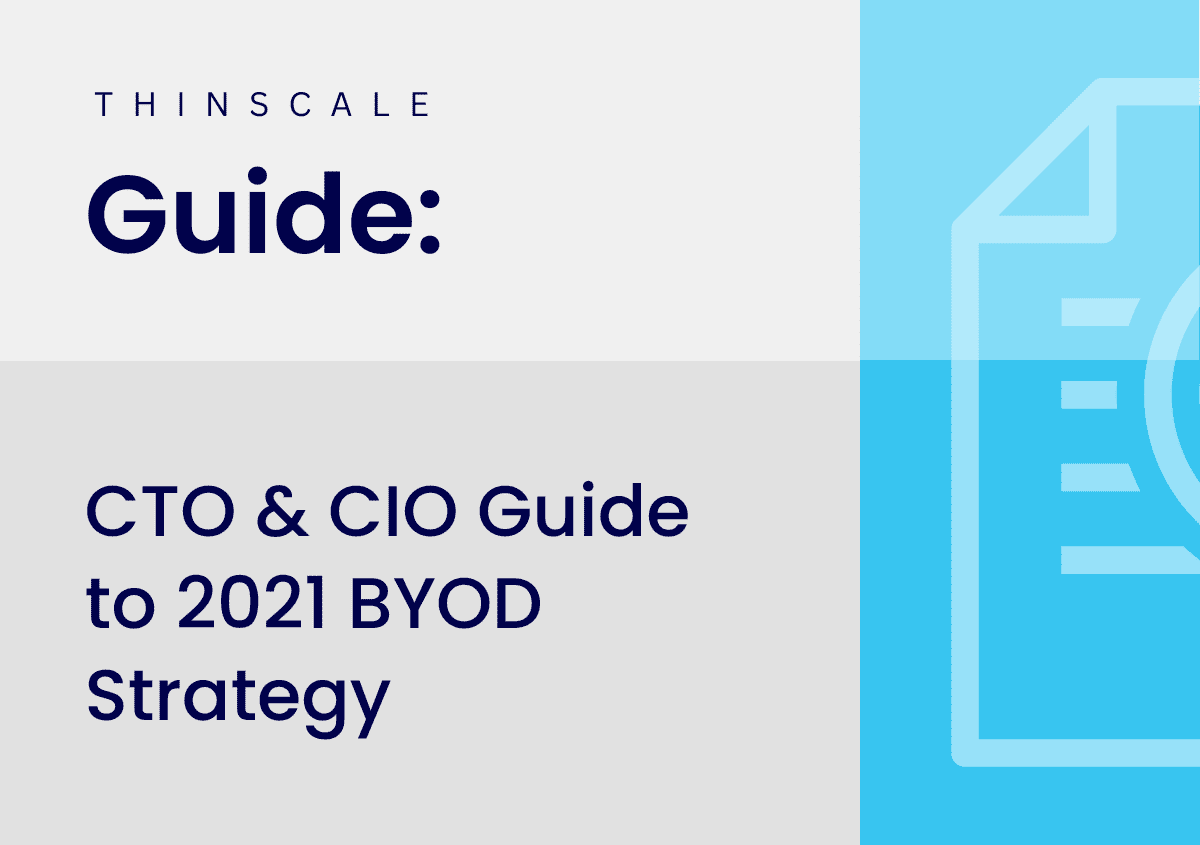Data protection is essential for today’s organizations, but with cybercrime on the rise and employees working from less-secure environments, information security has become more challenging than ever.
Clients also expect organizations to meet strict compliance standards, both in the office and at home. One of these is the Payment Card Industry Data Security Standard (PCI DSS), designed to ensure that companies can securely process, store, or transmit credit card information.
Without the correct PCI compliance measures in place, data breaches can result in fines of up to €20 million or 4% of your annual global turnover, whichever is greater. On top of that, payment brands can fine financial institutions for non-compliance, and financial institutions can withdraw the ability to accept card payments from non-compliant merchants.
Aside from the financial damage, non-compliant companies face significant long-term damage to their brand’s reputation. In the event of a data breach and stolen credit card information, customer loyalty drops rapidly and all trust goes out the window, taking years to rectify.
For many companies, a big part of the solution is to provide pre-configured corporate equipment to their employees, making it easier to maintain security and PCI compliance across their entire workforce. But what about companies that rely on employee-owned equipment to get the job done, otherwise known as BYOD (Bring Your Own Device)?











